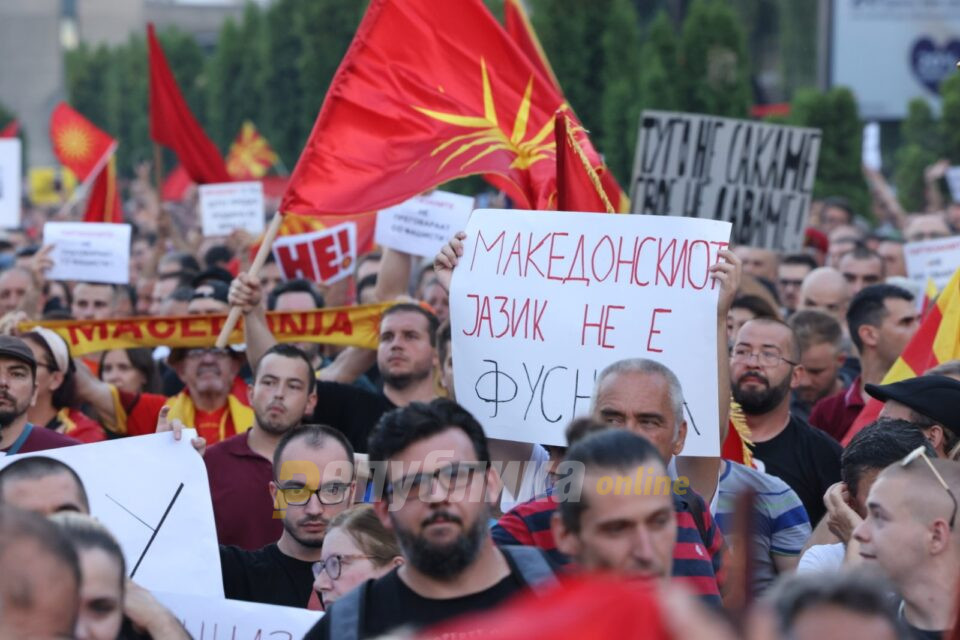The status of the Macedonian language as an official language on the territory of the entire country has been established by the Constitution of the Republic of Macedonia since the Macedonian Republic was part of the former Yugoslavia after the Second World War, writes professor Katica Kjulavkova.
This status of the Macedonian language as an official in the entire territory of the Republic of Macedonia, from which derives its role as an integrative factor of society and the duty of all institutions, but also citizens of the Republic, to learn, know and use the Macedonian language in official communication, was confirmed by the Constitution of the independent Republic of Macedonia, and later by the amendments resulting from the Ohrid Framework Agreement 2001.
Since 1998, there has been a Council for the use of the Macedonian language under the Ministry of Culture of the Republic of Macedonia.
In 2008, a Law on the use of the language spoken by 20 percent of the population was passed.
In January 2019, a new Law on Languages was adopted (published in the “Official Gazette” without the signature of the President of the State) and with it, in Article 1, paragraph 2, it was determined that “another language used by at least 20 percent of the citizens (Albanian language)), is also an official language and its script, according to this law”.
In continuation of this Law on languages, the focus is actually on the use of that language in the bracket, the Albanian language. Despite the constitutionally guaranteed status of the Macedonian language, with the Law on Languages, as well as in practice, the use of the Macedonian language in state institutions and bodies, as well as in society, is gradually limited and degraded.
Even the existence of one person who speaks the Albanian language is enough so that the Albanian language can and must be used officially in all government bodies, legislative, executive and judicial. One speaker of a language of 20 percent of the population has greater language rights in practice than the constitutional right of Macedonian speakers.
This points to the conclusion that the Law on Languages has damaged the acquired historical, cultural, linguistic and national right of the Macedonians in relation to the Macedonian language as the official state language (on the territory of the entire country). It relativizes to the point of cancelling the obligation of the citizens of the Republic to learn the Macedonian language and to use it in practice.





Comments are closed for this post.